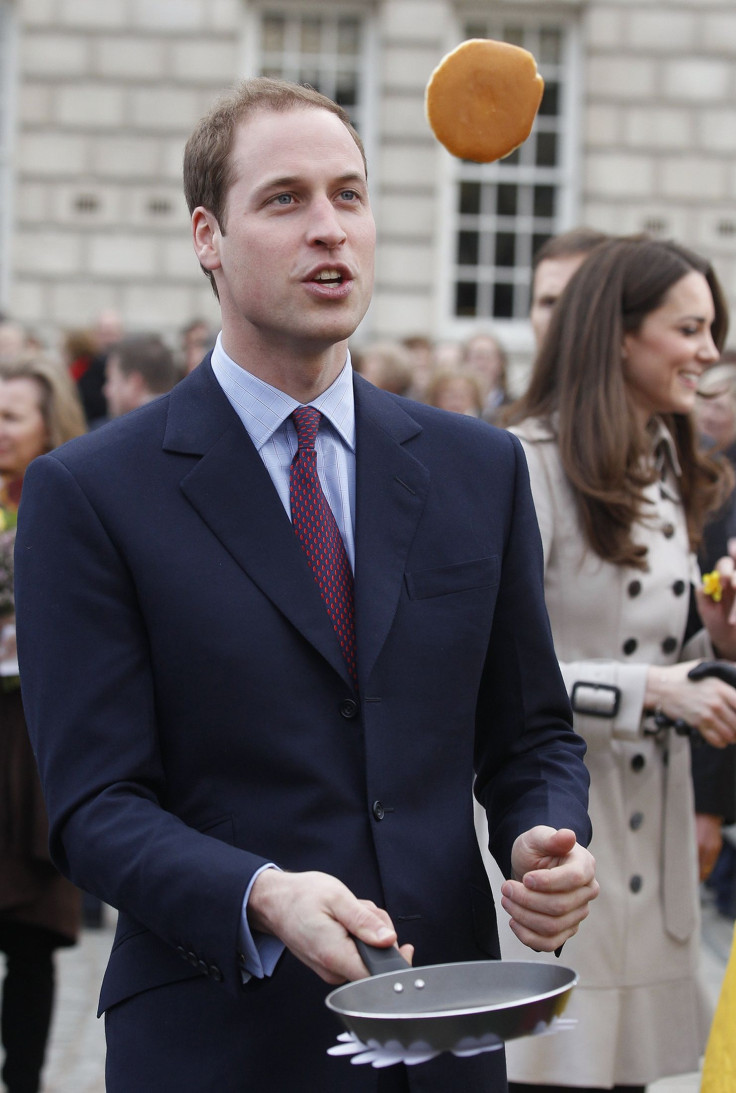What Is Shrove Tuesday? Pancake Day Facts And How To Celebrate Before Lent

Shrove Tuesday, otherwise known as Pancake Day, is finally here. The holiday on Tuesday is meant to commemorate the final day before Ash Wednesday with a celebratory pancake feast.
Ash Wednesday leads Christians into the season of Lent, which can mean abstaining from rich foods for the next 40 days. The name “shrove” comes from the term “shriven,” which was a term used by Anglo-Saxon Christians to describe the event of being absolved of one’s sins, according to Historic UK. Shrove Tuesday — which can also be celebrated in the form of “Fat Tuesday” or “Mardi Gras” — is celebrated all over the world in countries like Denmark, Poland, France and Sweden.
Pancakes are made using products like sugar and eggs, and these were the products that were to be used up before the season of Lent. The very ingredients are said to represent important tenets. Flour represents “the staff of life,” eggs represent “creation,” salt symbolizes “wholesomeness” and milk represents “purity,” according to Historic UK.
Different iterations of the popular pancake can be created for this event — a thick cake or a thin crepe all make viable meals to celebrate Shrove Tuesday. The popular British manner in which to serve the cakes is thin and served with lemon juice or syrup.
Another way the British typically celebrate the holiday is with pancake races. The Great Spitalfields Pancake Race is an annual charity event that takes place in London and requires participants to race through the winding streets attempting to flip pancakes in a frying pan as they run (many run in costume). This year’s Great Spitalfields Pancake Race was expected to begin at Brick Lane in London.
Pancake parties and even a Pancake Day Challenge — which involves eating a stack of 12 pancakes in 12 minutes or less — will also take place in London for Shrove Tuesday 2017.
© Copyright IBTimes 2025. All rights reserved.





















